Defined Contribution Plans
Defined Contribution Plans include a separate account for each employee. A single plan can include pre-tax and 401(k) deferrals, employer matching, and employer discretionary (profit sharing) contribution in the same plan. The employer contributions can be subject to a vesting schedule.
401(k) Plans
The defining feature of the 401(k) Plan is the Cash or Deferred Arrangement (CODA) which allows employees to choose to have a portion of their paycheck withheld before taxes and contributed to a retirement plan. These plans are extremely popular since they put the responsibility on the employee to save for their retirement. Many plans offer an employer match to encourage employee contributions.
Roth
401(k)
401(k) plans can also offer savings on a Roth basis. Unlike normal 401(k) contributions, Roth contributions are made after-tax. The benefit is that when the money is withdrawn after retirement, the entire withdrawal is tax-free, subject to certain requirements.
403(b) Plans
Schools, houses of worship, and certain other non-profit entities can sponsor a 403(b) plan. A 403(b) plan is similar in many ways to a 401(k) plan but there are special requirements that apply to the investments, eligibility and testing.
Profit Sharing Plans feature discretionary employer contributions. In the past, many profit sharing plans utilized a Pro Rata formula, where each employee receives a certain percentage of their annual pay as a contribution, or an Integrated formula, which takes into account the contributions the employer has already made to the employee's retirement in the form of Social Security taxes. However, most modern plans use a New Comparability formula, which allows the contributions made to each employee to be independent of each other as long as the overall allocation satisfies certain non-discrimination testing.
